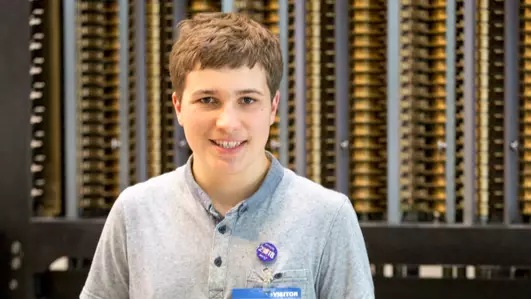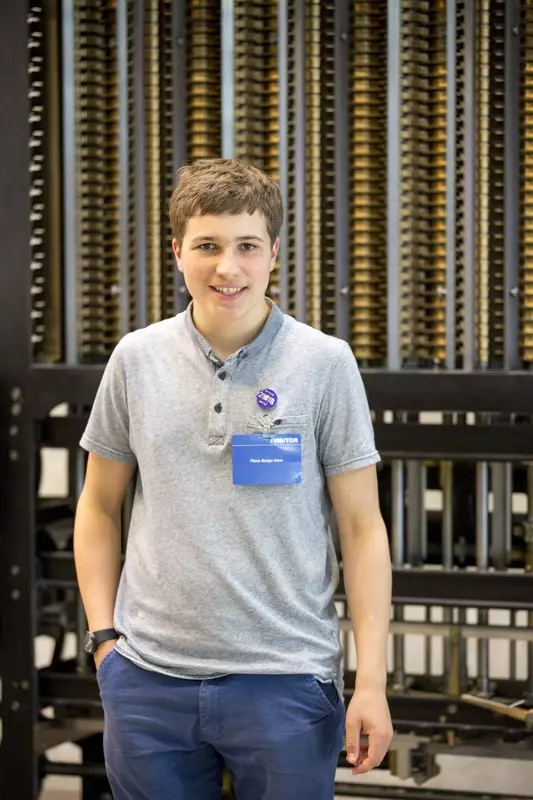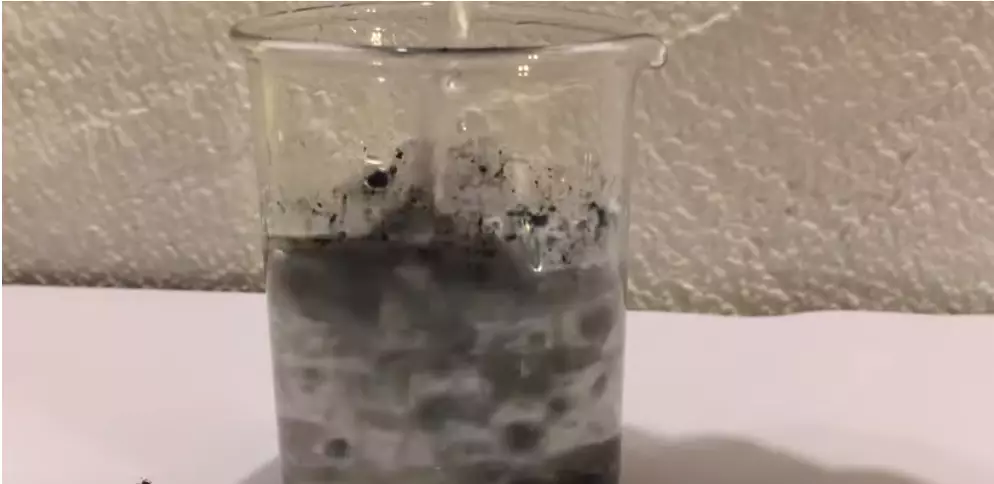
A teen from Ireland has scooped a top science prize after he worked on a project that may help to combat the world's plastic pollution problem.
Eighteen-year-old Fionn Ferreira was awarded $50,000 (£41,280) at this year's Google Science Fair for his microplastic extraction idea.
Ferreira says he got the idea for his project after taking a walk on the beach in his hometown of Ballydehob, in West Cork, where he spotted a rock which was covered with oil and bits of plastic.

In his project he wrote he was 'alarmed to find out how many microplastics enter our wastewater system and consequently the oceans'.
Advert
He continued: "This inspired me to try and find out a way to try and remove microplastics from waters before they even reached the sea."
Ferreira mixed oil and magnetite to water and mixed in a solution which emulated plastic pieces in the oceans. He found the microplastic particles latched onto the ferrofluids and that by dipping a magnet into the solution he could remove both substances and leave just clean water behind. Clever, eh?
After extensive tests, more than 950 to be exact, Ferreira found that it was 88 percent effective in removing microplastic pollution from water - even better than the teen's hypothesis of 85 percent.
Ferreira said he's going to continue pursue his passion for science at the University of Groningen's Stratingh Institute for Chemistry in the Netherlands this autumn.
Advert
He is hoping to encourage other youngsters to get into science, adding: "I want to encourage others by saying you don't have to test everything in a professional lab. That's why I built my own equipment."

According to the National Oceanic and Atmospheric Administration, microplastics - which are less than 5mm long - are the most common type of marine debris found in our oceans.
The teeny size of the plastics means they can't be filtered out by usual water filtration systems, so they end up in our oceans, where they get inside fish and aquatic life and then end up in the food chain.
Advert
A shocking study publishing in the Environmental Science and Technology journal found that people eat at least 50,000 plastic particles each year.
And, as yet, the health impacts of ingesting plastic are still not known.
Featured Image Credit: Google Science FairTopics: Science, Inspirational, trash isles